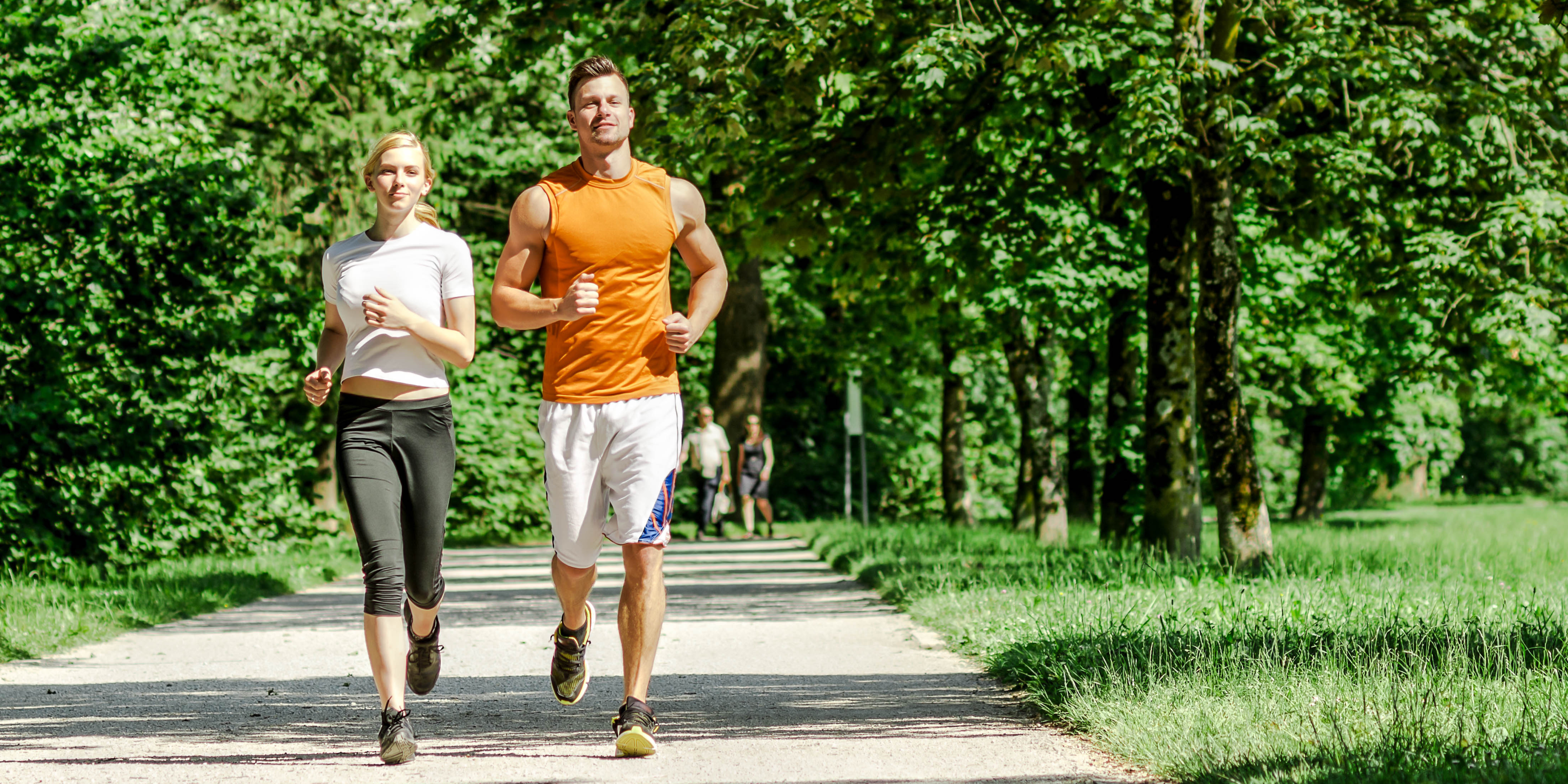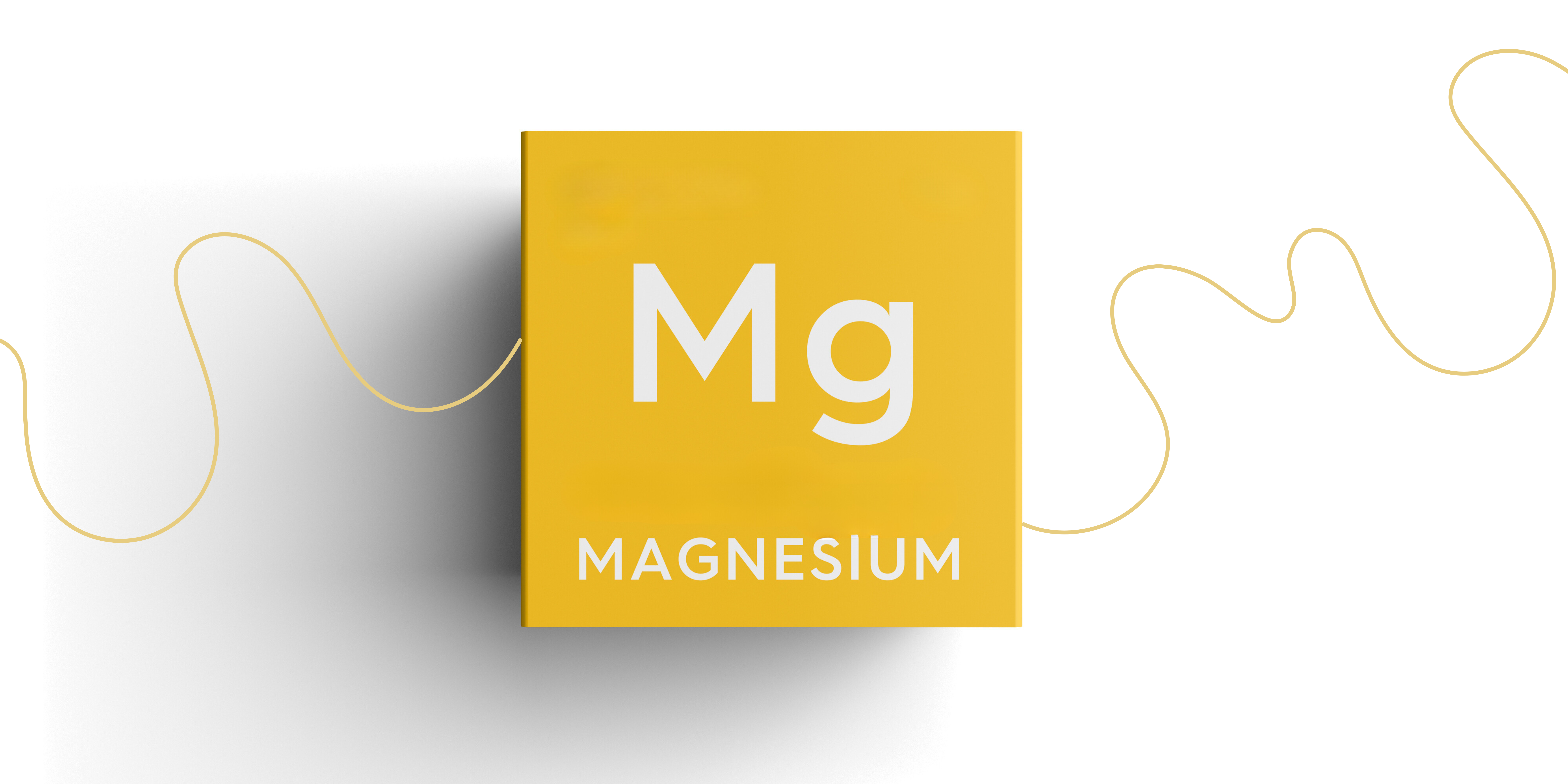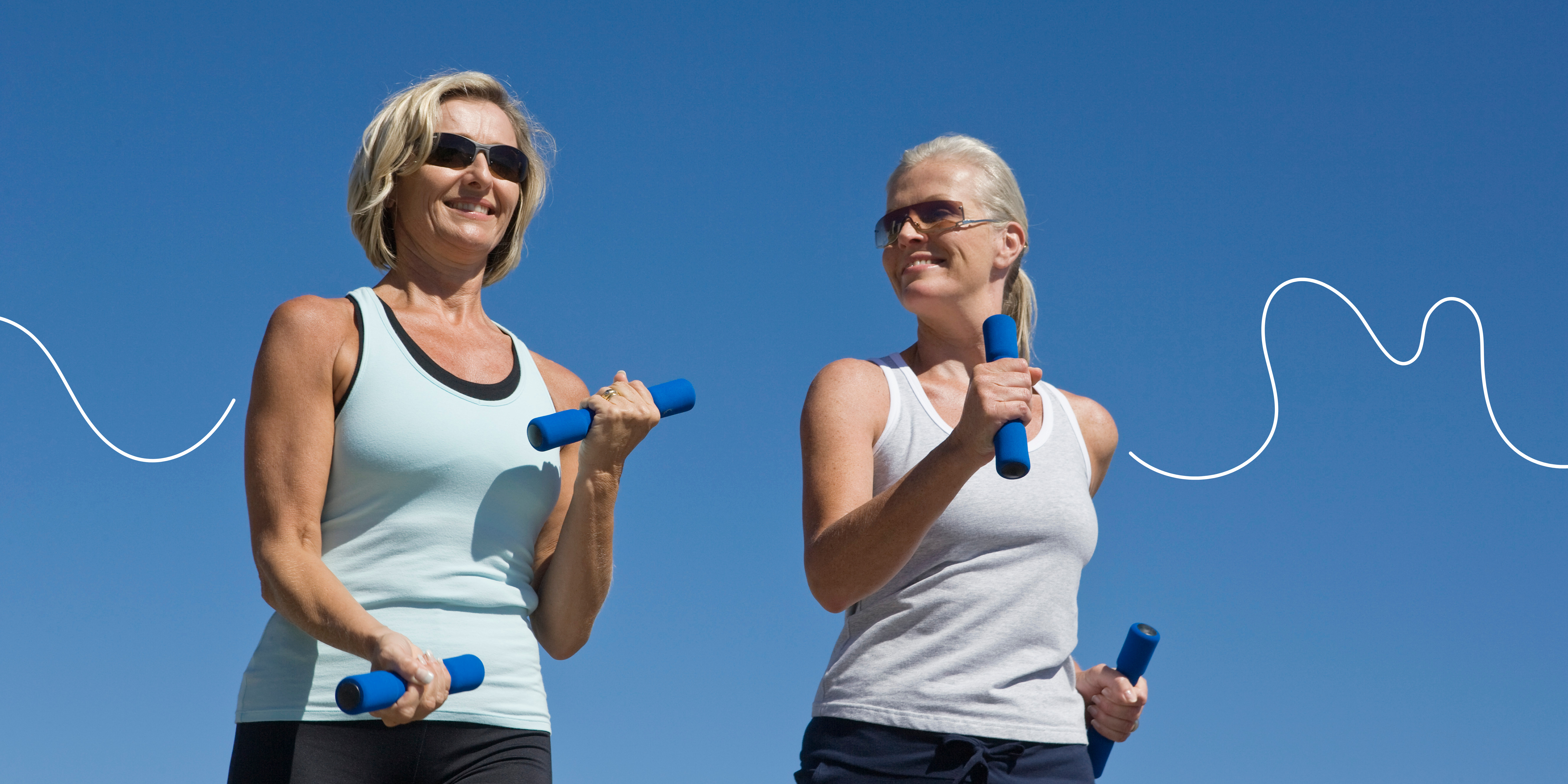Hiking is nothing short of magical, the sights, smells and sounds pull you into a deep state of relaxation. But in order to get the most from your hike, you need to fuel your body correctly.
By choosing the right snack you’re providing your body with a steady stream of energy to keep you enjoying that hike. Here are some of our favourite healthy snacks to keep you going…… and let’s face it, we’re all just here for the snacks.
Choose those good carbs
Carbohydrates are your body’s primary and preferred source of energy, and that is precisely why it's so important to choose the right carbs. Choose the wrong ones, and you could end up with less energy than you started with.
There are two types of carbohydrates; those that are slow-release and those that are fast release. There’s a system called the Glycaemic index (GI) that helps categorise these foods. Foods with a low GI will give you energy slowly; foods with a high GI will give you energy fast.
A mix of both is recommended when hiking. Here’s some high and low GI snack ideas.
Snacks to take with you on your hike
|
Fast release energy: These foods are great for when you are feeling sudden fatigue and require a quick boost in energy:
|
Slow release energy: These foods are great for that long-lasting energy; these foods will provide you with a slow drip of carbohydrates to keep low blood sugar levels at bay and keep your energy levels balanced
|
Micronutrients - The key to energy
Vitamins and minerals form what we refer to as micronutrients; these micronutrients help support the body's ability to produce energy. Here’s a few of the best:
B vitamins
B vitamins take centre stage in energy supplements, and this is for good reason. B vitamins act as cofactors in the conversion of carbohydrates and fats to energy. This means they are essential for your body to convert your food into energy.
B vitamins are also necessary for maintaining normal muscle function in the heart – and we all know how important the heart is in providing oxygen and nutrients to every other part of the body.
You will find an abundance of B vitamins in most wholegrains and nuts and seeds - many already listed as part of your carbohydrate rich snacks above.
Iron
Iron forms an integral part of haemoglobin (the red blood cells that carry oxygen). Without iron, the body can’t carry oxygen from your lungs to your tissues. And without oxygen your cells can’t produce energy and can’t survive– so it’s kind of important!
Iron rich foods include red meat and green leafy vegetables - so when making that sandwich to snack on, ensure it has some greens like spinach or kale.
Looking for an easy hike this fall? Start with Dragons back - considered by many to be one of Hong Kong’s best hikes, but to get to those views, you need energy. Sometimes, our bodies need a little extra help. Consider Women’s Everyday One, Men’s Everyday One, Joint Support, and Algae Calcium for a little additional support.
.png)
.png)





Comment